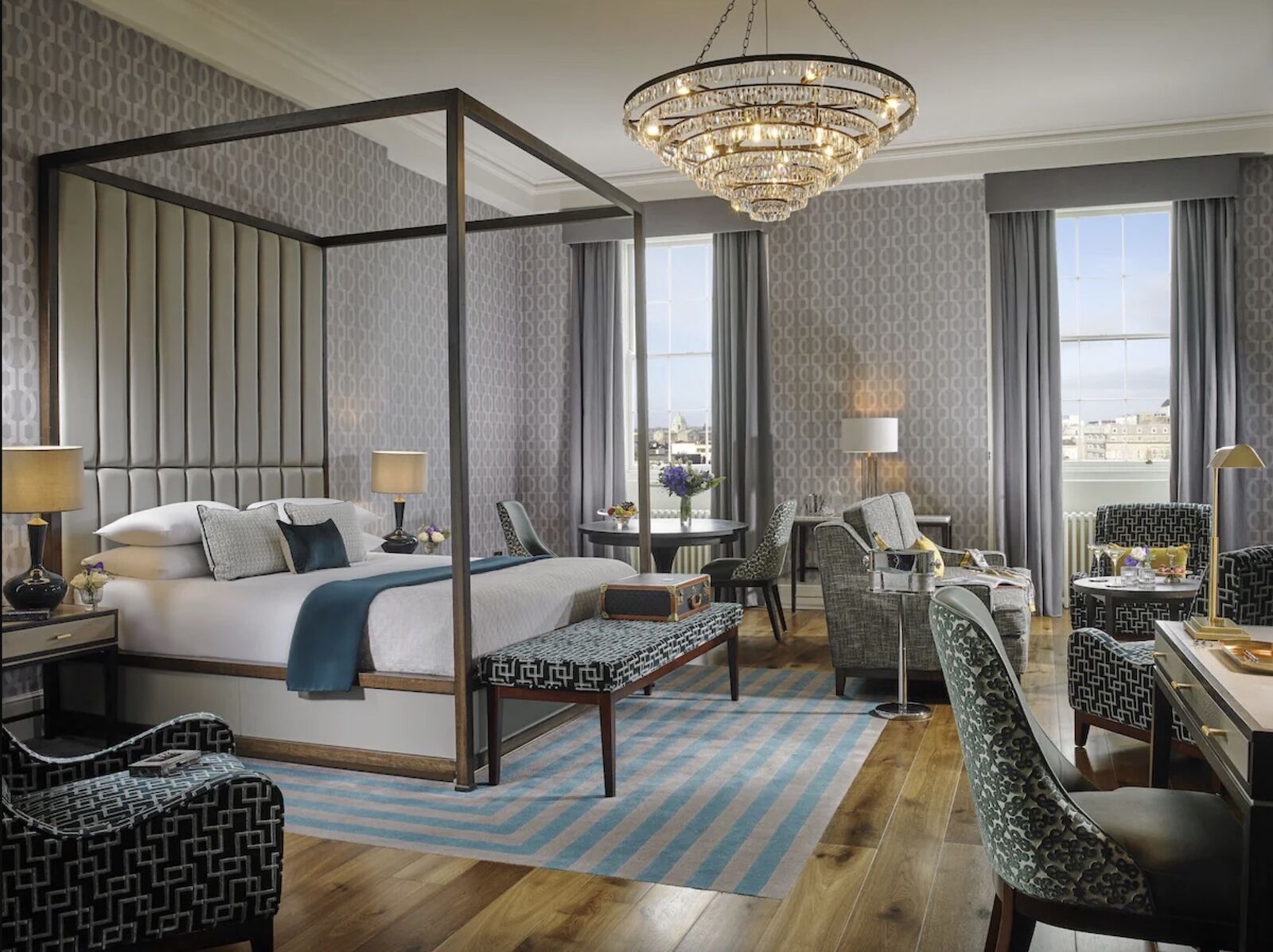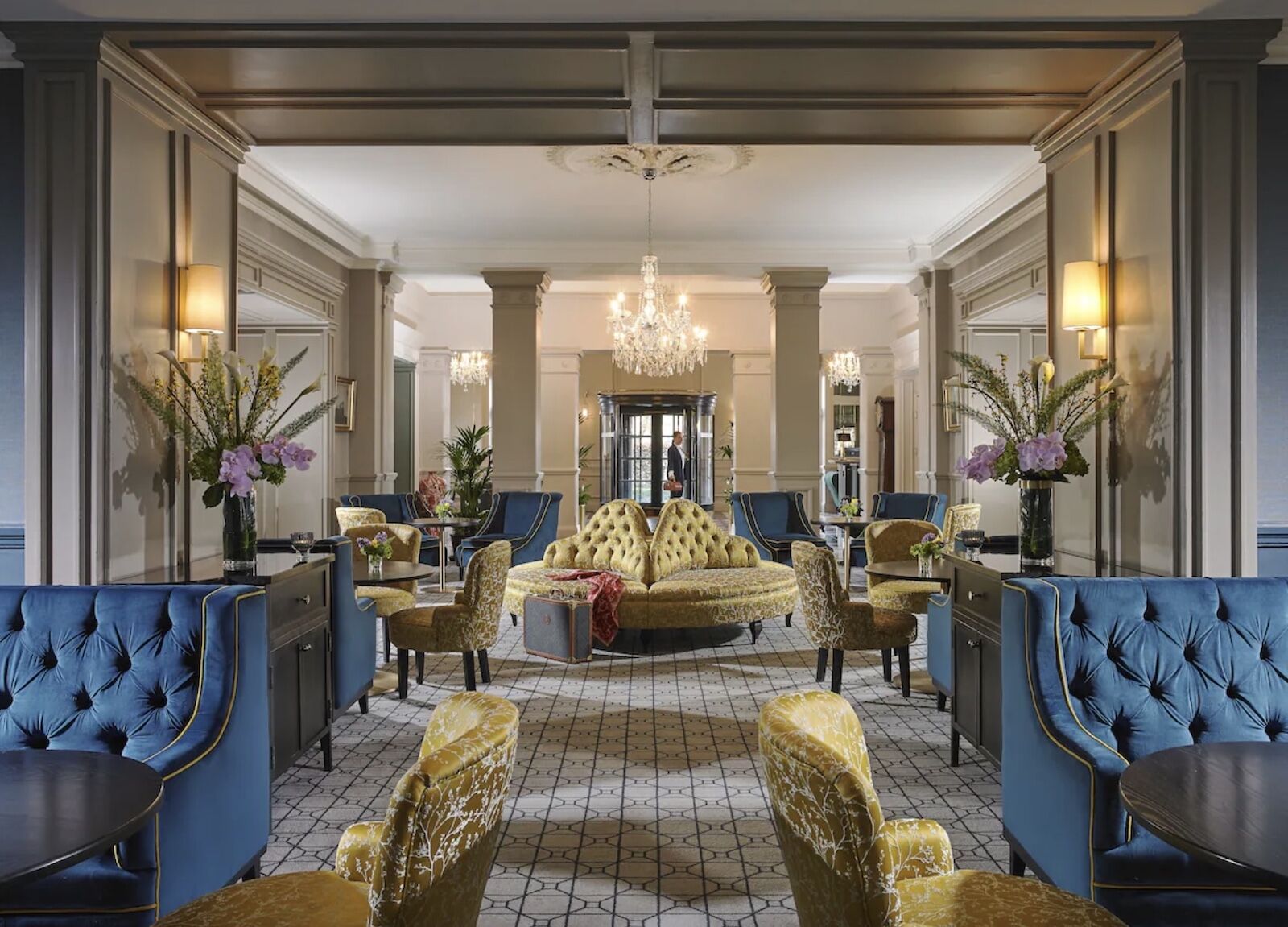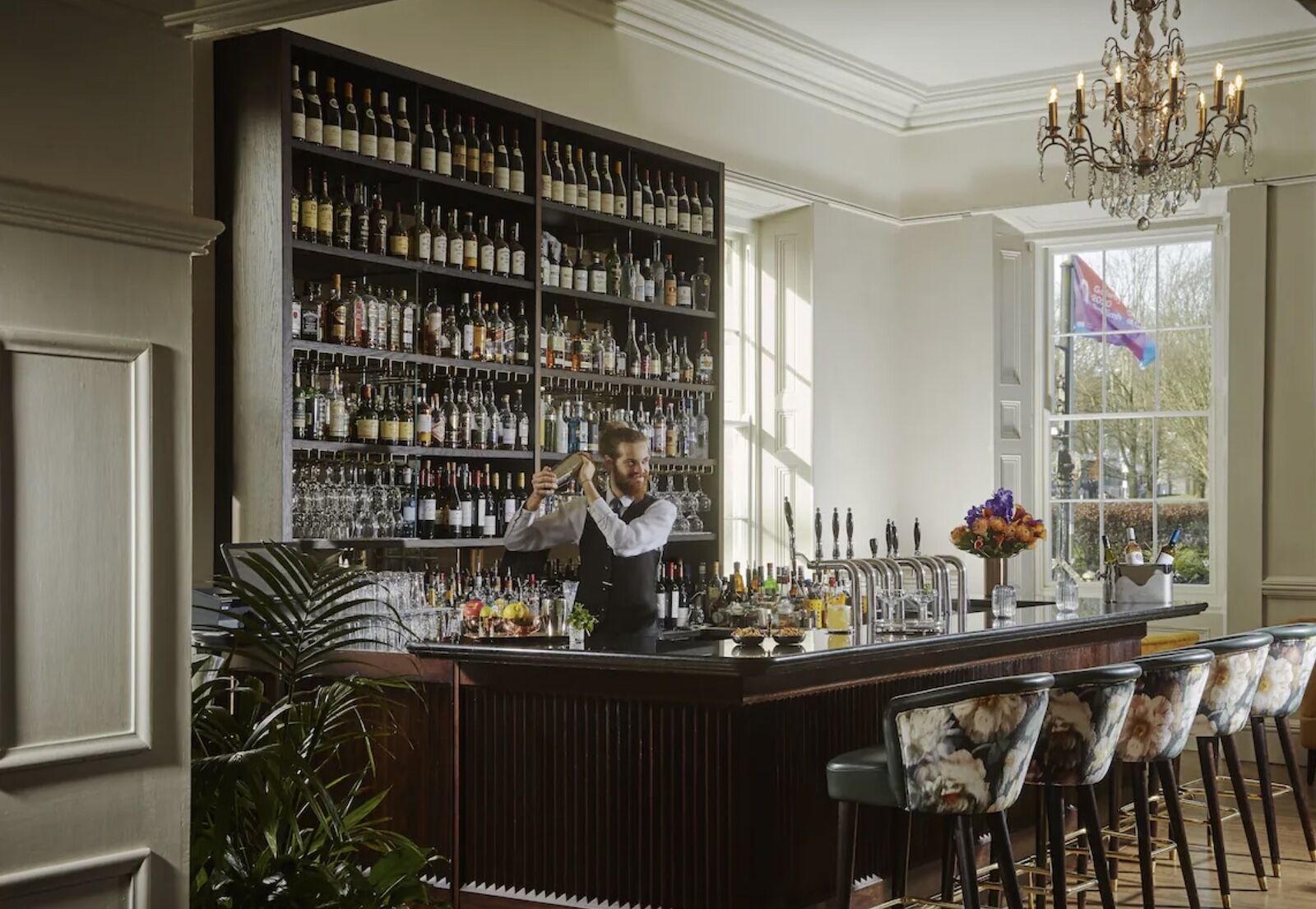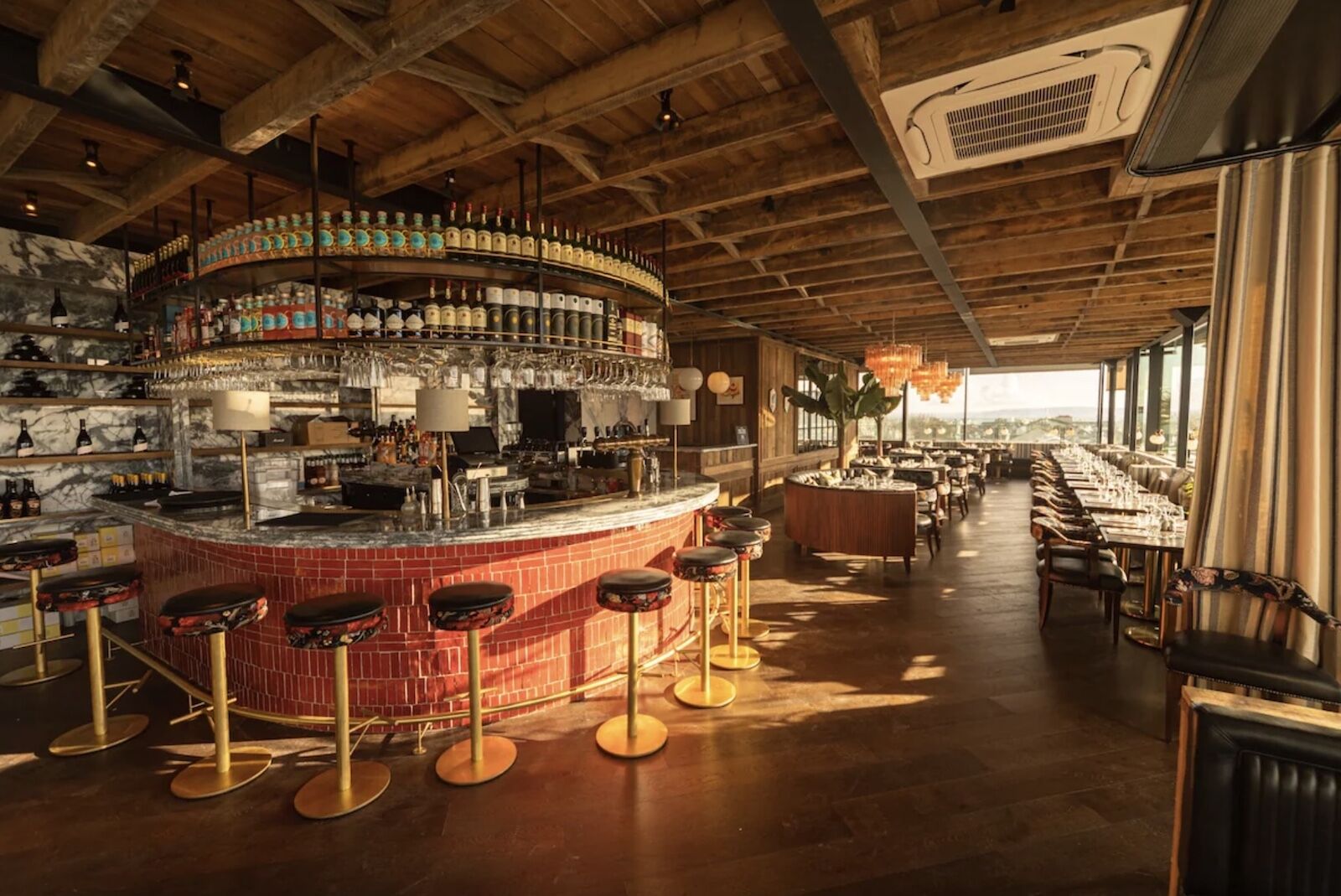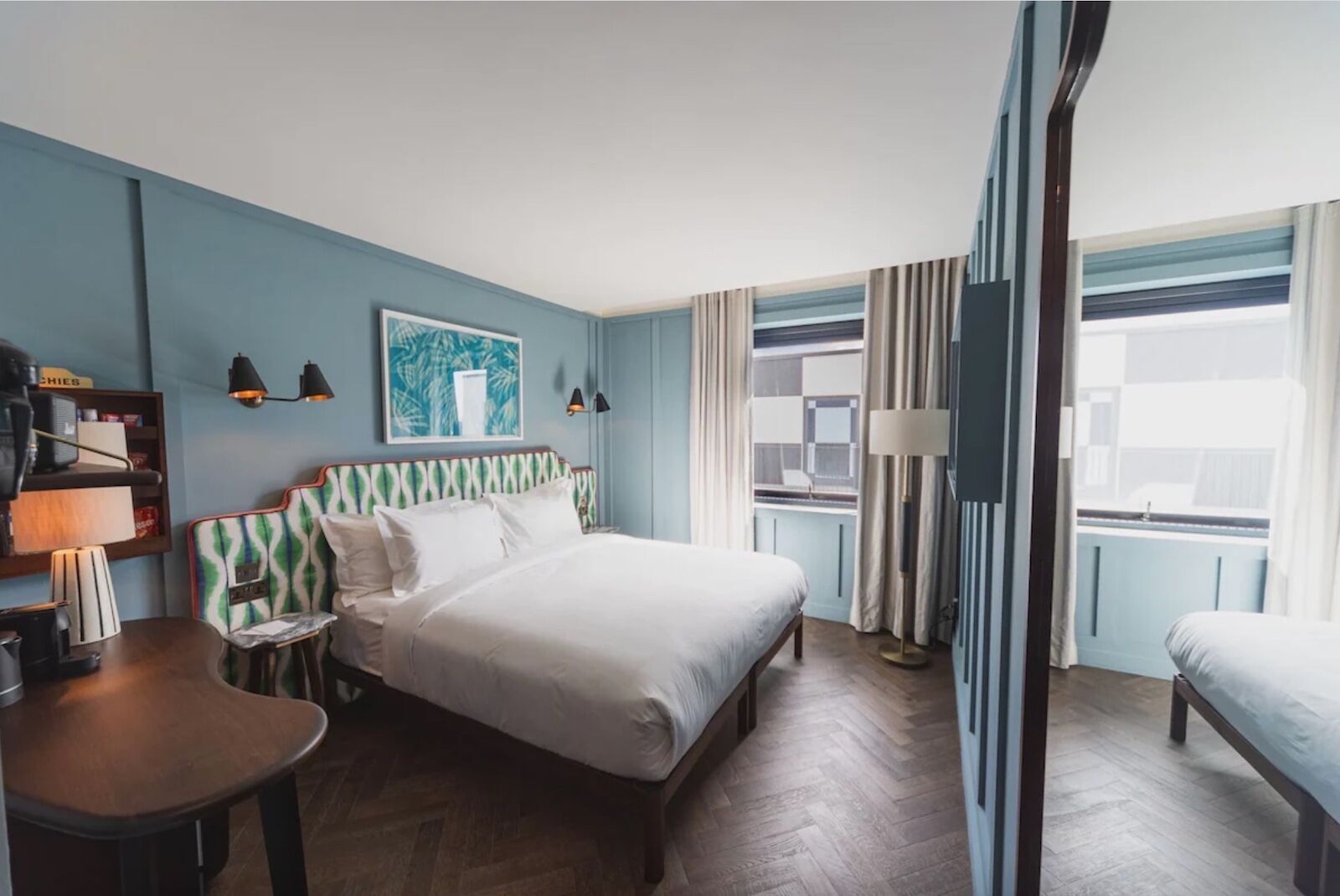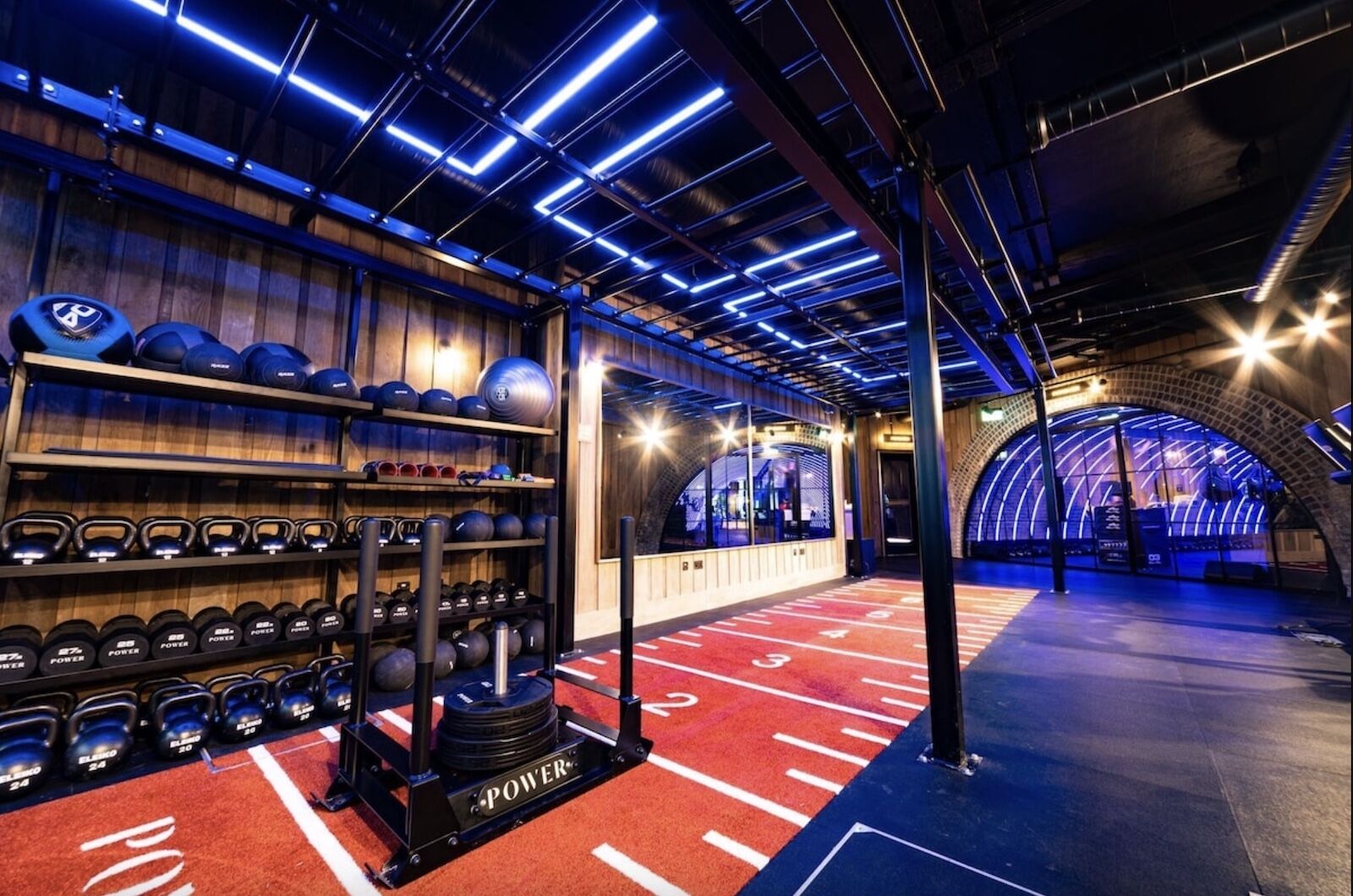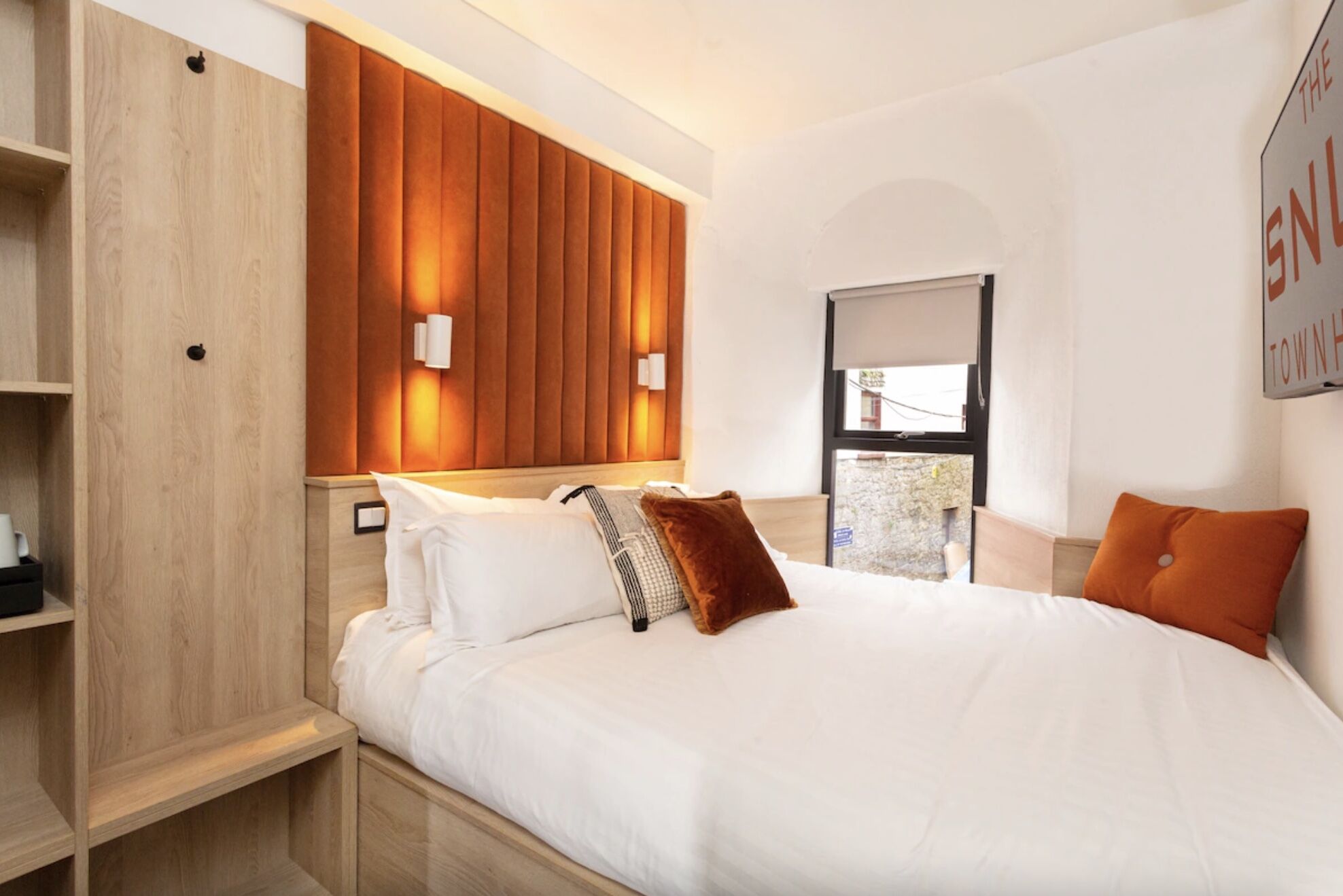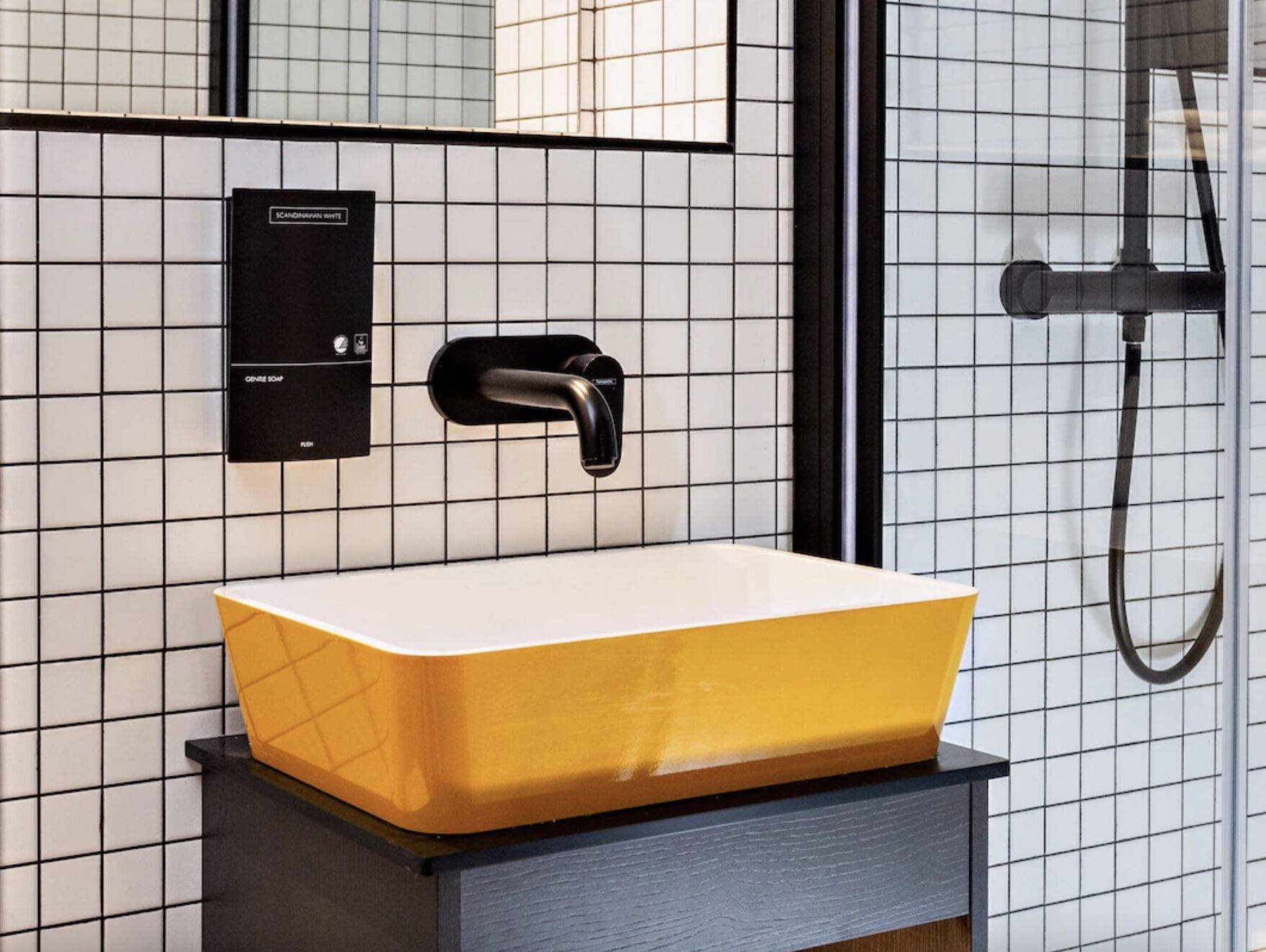If you’re visiting Ireland, you can’t spend all your time in Dublin. Granted Dublin has great museums, atmospheric pubs, and world-famous brewery tours, but still, it’s only one small part of the country. Instead of sticking to the capital of the Republic, jump in the train and go check out the small and charming city of Galway. Not only is it close to the must-see Cliffs of Moher, but it has plenty to offer visitors in search of a lesson in Irish culture and history — the monuments, churches, and museums in Galway are top-notch.
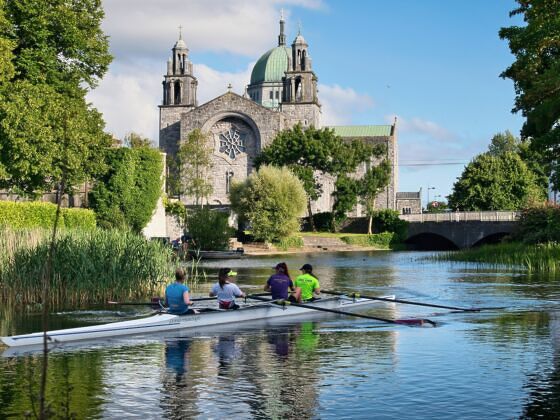
This Small Student City on Ireland's West Coast Is the Birthplace of the Claddagh Ring
- Where are the best things to see in Galway located?
- The best museums in Galway
- Landmarks you can’t miss when in Galway
- How far is Galway from Dublin?
- How to get to the Cliffs of Moher from Galway?
- Where to stay in Galway
Where are the best things to see in Galway located?
The best museums in Galway
Galway City Museum
The Galway City Museum should be your first cultural stop while in the city. It is the place where you’ll learn everything about the city and the county of Galway, from Prehistory through Medieval Times and the 1916 uprising, to the 21st century. Some of the must-see objects in the museum’s collection include, the Reliquary of St. Ursula made by Galway gold/silversmith Richard Joyce; Clay pipes from centuries past; a stunning, full-size traditional Galway Hooker boat; the oldest known Claddagh Ring (also made by Richard Joyce); and Irish-language books by famous Irish writer and journalist Pádraic Ó Conaire, among many other items.
Address: Spanish Parade, Galway, H91 CX5P, Ireland
Hours of operation: Tuesday to Saturday, from 10:00 AM to 5 PM; Sunday, from 12 noon to 5 PM. Closed Christmas Day, Stephen’s Day (December 26), and Good Friday.
Cost: Free
Katie’s Cottage Museum & Wild Atlantic Workshop
The Claddagh (Irish for “shore”) is an area located across the River Corrib from Galway City that used to be home to a traditional fishing village. The fishing village is said to have developed in the fifth century and survived all the way to the 1930s when the traditional Claddagh homes were demolished to be replaced by modern houses. The inhabitants of Claddagh were a reclusive community who lived in stone and thatch cottages, spoke Irish, and lived off the fish they caught in traditional Galway Hooker boats and sold in the city. Katie’s Cottage Museum & Wild Atlantic Workshop is a restored Claddagh home full of traditional objects that showcases how the people of this fishing village used to live between the 17th and the 20th century. Every visitor to the cottage is offered tea and a home-baked scone.
Address: Fairhill Rd Upper, The Claddagh, Galway, H91 AY80, Ireland
Hours of operation: Open seasonally. Email claddaghcottagecrafts@gmail.com to learn more about visiting.
Claddagh Ring Museum
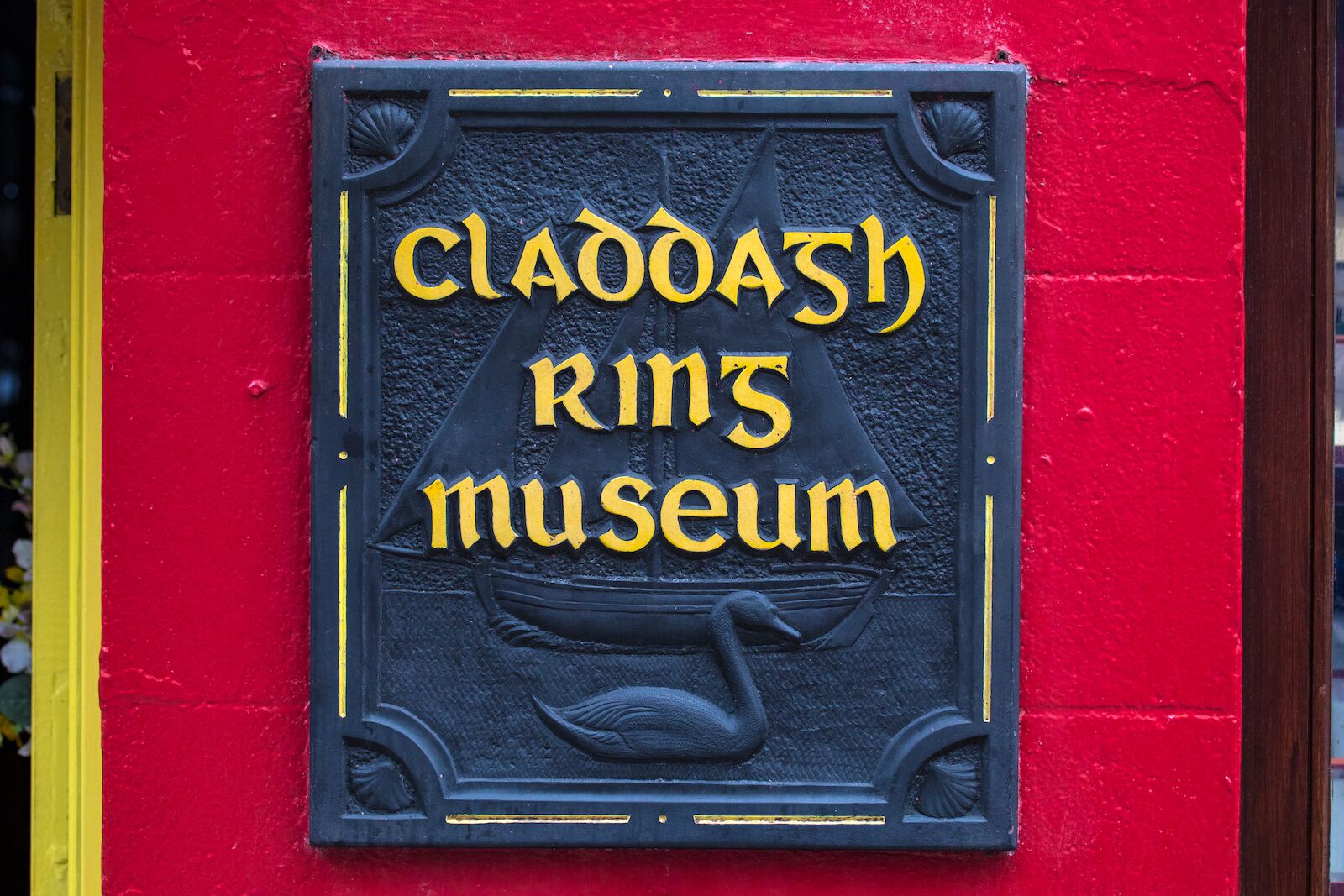
Photo: chrisdorney/Shutterstock
The Claddagh Ring, a piece of jewellery that features two hands holding a heart that is topped with a crown, is said to have originated from the Claddagh fishing village just outside the city of Galway. More specifically, it is attributed to the goldsmith/silversmith Richard Joyce. Today, Claddagh rings are worn throughout the world, but few know the history of this iconic piece of jewellery and the fishing village it came from. To do just that, visit the Claddagh Ring Museum in the center of Galway. Both a museum and a jewellery shop, it is the place to buy a Claddagh Ring from the experts who have been making them since 1750.
Address: Quay Street, Galway, Ireland
landmarks you can’t miss when in Galway
The Spanish Arch
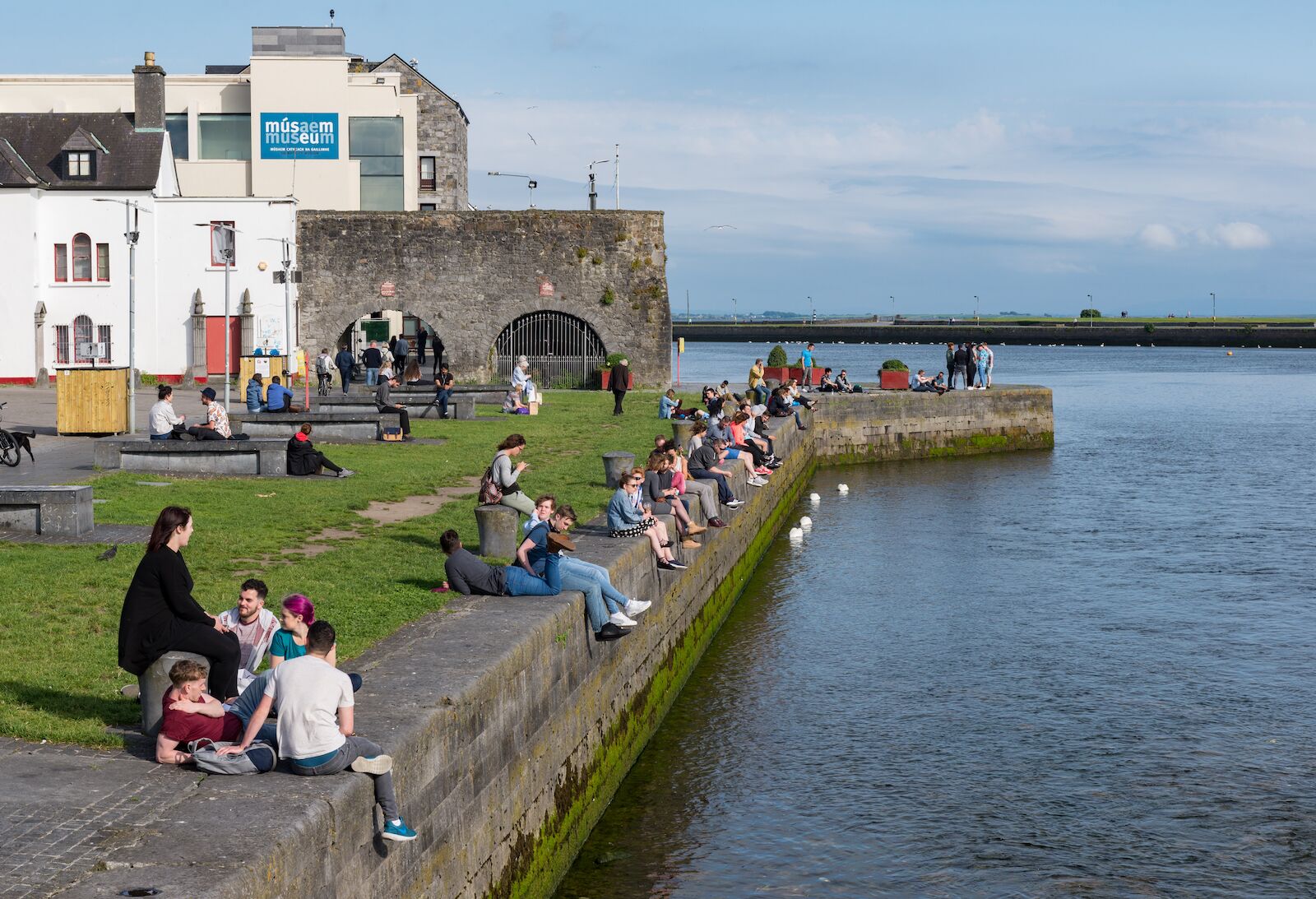
Photo: gabriel12/Shutterstock
The Spanish Arch is a historic landmark located next door to the Galway City Museum, along the River Corrib. This arch was built in 1584 as an extension of the city’s defensive walls, and is one of the few remaining parts of the fortifications still standing. The Arch is a popular tourist attraction and a symbol of the city’s rich history. Visitors can walk through the arch, take photos, and enjoy the stunning views of the river. The Spanish Arch is located a few minutes on foot from Quay Street, a busy pedestrian thoroughfare full of pubs and shops.
Address: 2 The Long Walk, Galway, Ireland
Galway Cathedral
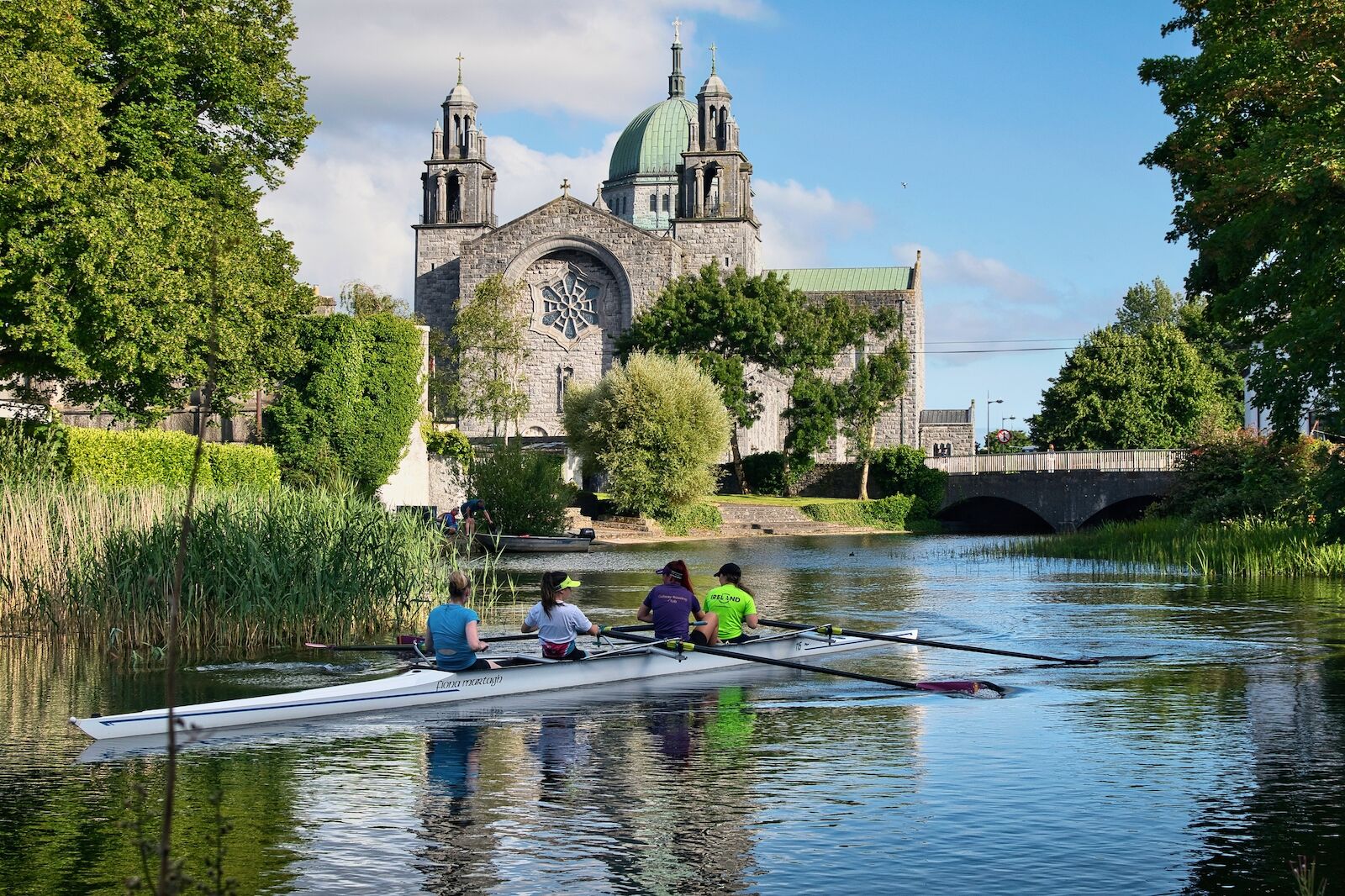
Photo: Karlo Curis/Shutterstock
While modern (it was built between 1958 and 1965), the Galway Cathedral has the looks of a much older religious structure with its immense size, grey stones, 145-foot-tall dome, and intricate stained glass. The Galway Cathedral whose full name is the Cathedral of Our Lady Assumed into Heaven & St Nicholas is particularly beautiful at night when illuminated. Go inside to see the impressive Gallery Organ and check out the rose windows. Mass is held from Monday to Friday at 11 AM and 6 PM; on Saturday at 11 AM; on Sunday at 9 AM, 10:30 AM, 12:30 PM, and 6 PM; and on holy days. The Cathedral Choir sings every Sunday at the 10:30 AM mass and cantors sing every Sunday at the 12:30 PM mass. The cathedral hosts concerts during July and August, on Thursdays at 8 PM. The Galway Cathedral is located on Nuns Island, across the Salmon Weir Bridge, on the bank of the River Corrib.
Address: Gaol Rd, Galway, H91 A780, Ireland
University of Galway

Photo: gabriel12/Shutterstock
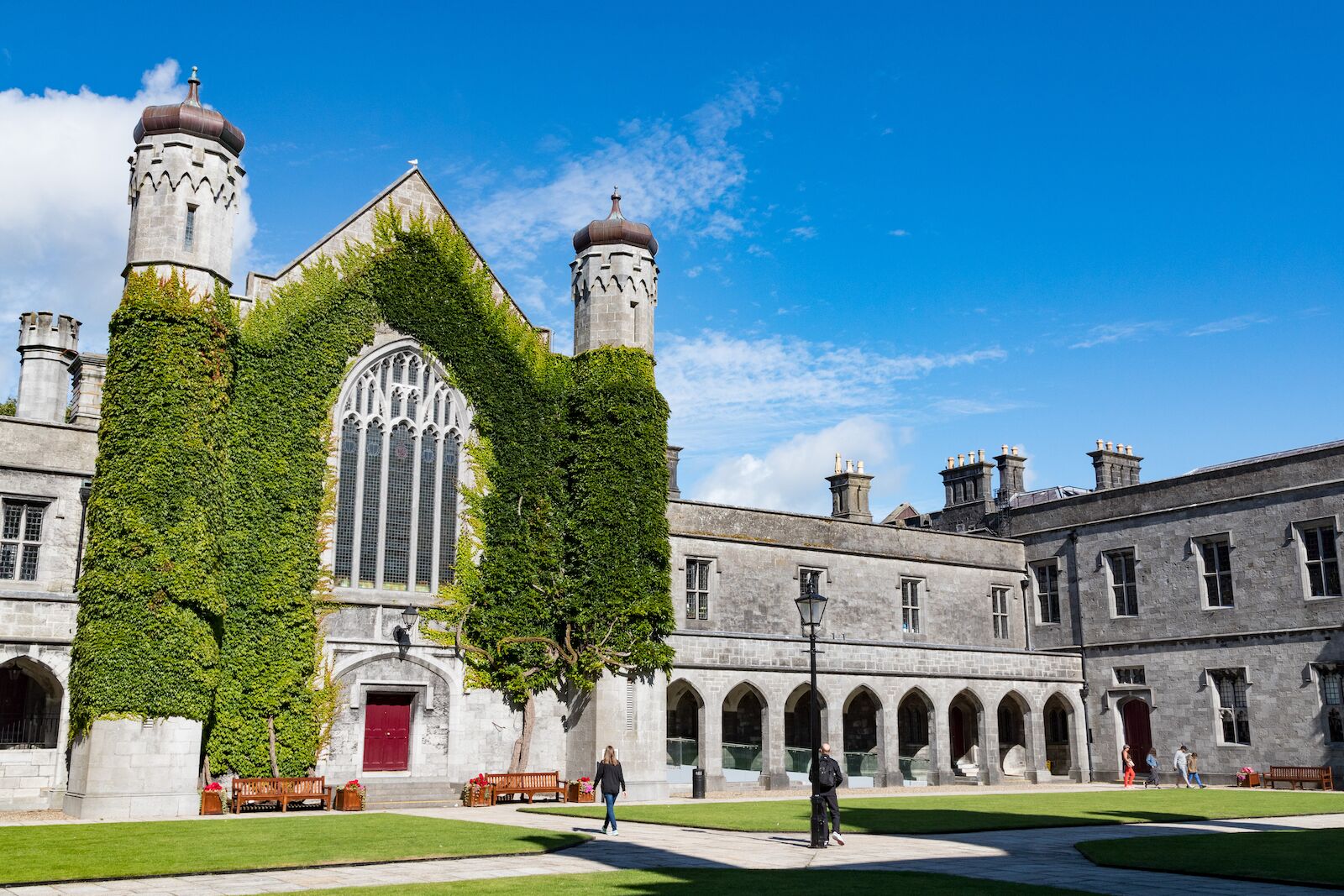
Photo: gabriel12/Shutterstock
Even if your student days are far in the past, the campus of the University of Galway, formerly known as the National University of Ireland, Galway (AKA NUI Galway / NUIG), is particularly scenic and is worth checking out. The original building for the university is the Quadrangle (the Quad), built in the mid-19th century, and it is a sight to see. The Tudor Gothic structure is modelled after Christ Church at the University of Oxford. Today it is used for administrative purposes.
Address: University Rd, Galway, Ireland
How far is Galway from Dublin?
Galway is about 130 miles from Dublin and it takes about 2.5 hours to drive from one to the other. The best way to travel between Dublin and Galway is to take the train with Irish Rail from Dublin Heuston Station to Galway railway station. For costs, schedules, and more, check out Matador’s detailed guide on this train trip.
How to get to the Cliffs of Moher from Galway?
If you’re staying in Galway and want to see the Cliffs of Moher, take Bus Eireann #350 from the bus depot. It runs several times per day and takes two hours and 15 minutes. To know more about spending the day at the Cliffs of Moher, read Matador’s detailed guide.
Where to stay in Galway
We hope you love the spaces and stays we recommend! Just so you know, Matador may collect a small commission from the links on this page if you decide to book a stay.
The Hardiman
The Hardiman is a four-star property located on Eyre Square in the city center. This hotel, established in 1852, has 103 guest rooms, including 19 luxury suites, all exquisitely decorated. There are three dining options on site: The Gaslight Brasserie (for dinner), the Parlour Lounge (for afternoon tea), and the Oyster Bar (for cocktails and light bites).
The Dean Galway
The Dean Galway is a boutique hotel located about 10 minutes on foot from Galway’s main thoroughfare, Quay Street. The decor in the 100 rooms and the shared spaces is trendy, colorful, and fun, and make for a unique stay. All the rooms have free WiFi, Netflix, Fully stocked mini SMEG fridges, Nespresso coffee machines, Marshall amps, and more. There are several dining options on site: Sophie’s Restaurant & Rooftop Bar (for breakfast, lunch, and dinner); Peig’s Bar; Elephant & Castle; and Dime (for coffee). The hotel also has a futuristic-looking gym and health club, as well as a hydrotherapy pool, sauna, and steam room.
The Snug Townhouse
The Snug Townhouse is a modern, minimalist, and design-focused hotel located on Quay Street, the heart of the action. As the name of the property indicates, it is on the small side with only 35 rooms. There isno dining option on site, but the many restaurants and pubs that fill Quay Street provide enough options. There is free WiFI and coffee and tea-making facilities in every room.
